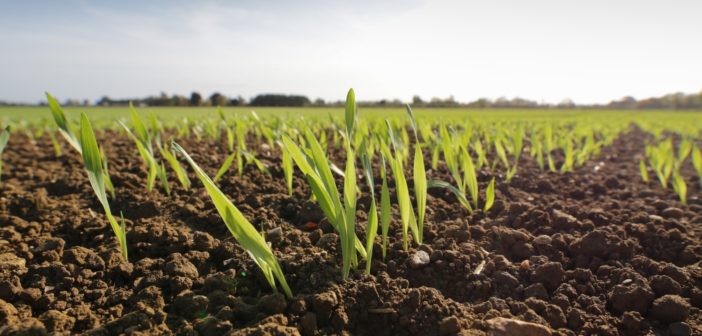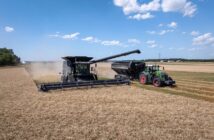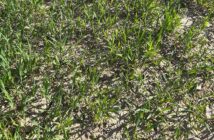An internationally-trialled liquid carbon product that feeds soil microbes has shown signs of helping growers to support nutrient-hungry crops and improve the efficiency of applied fertilisers.
The liquid carbon product manufactured by Agrovista is called L-CBF BOOST. It contains filtered cane molasses and nutrients including nitrogen, potash and sulphur, and can be applied to wide range of row crops.
It works by acting as a food source for soil microbes and fungi, enabling them to increase in population. With greater numbers, these then improve the availability of key nutrients; in turn boosting root mass, crop yield and overall soil and plant health.
Maize trials conducted in Norfolk in 2019 found that when L-CBF BOOST was applied with a bacterial treatment on soil with low organic matter content, a 9.8 per cent yield increase was achieved. In contrast, when applied to soils with existing high organic matter content, used alone it resulted in an 8.2% yield increase.
Head of soil health at Agrovista, Chris Martin, explained: “Soil microbes need to be fed to survive and multiply, but numbers have declined because of excessive tillage and pesticide applications.
“As a result, crops have required even greater levels of artificial fertilisers and chemicals, which has further damaged these vital microbes.
“By applying the liquid carbon found in L-CBF BOOST, we mimic the work of a crop’s root exudates. This is because root exudates feed the rhizosphere microbes and fungi naturally, by releasing carbon compounds
“These microbes then play a really important job for us – naturally decomposing organic matter, cycling nutrients and fertilising the soil.”




